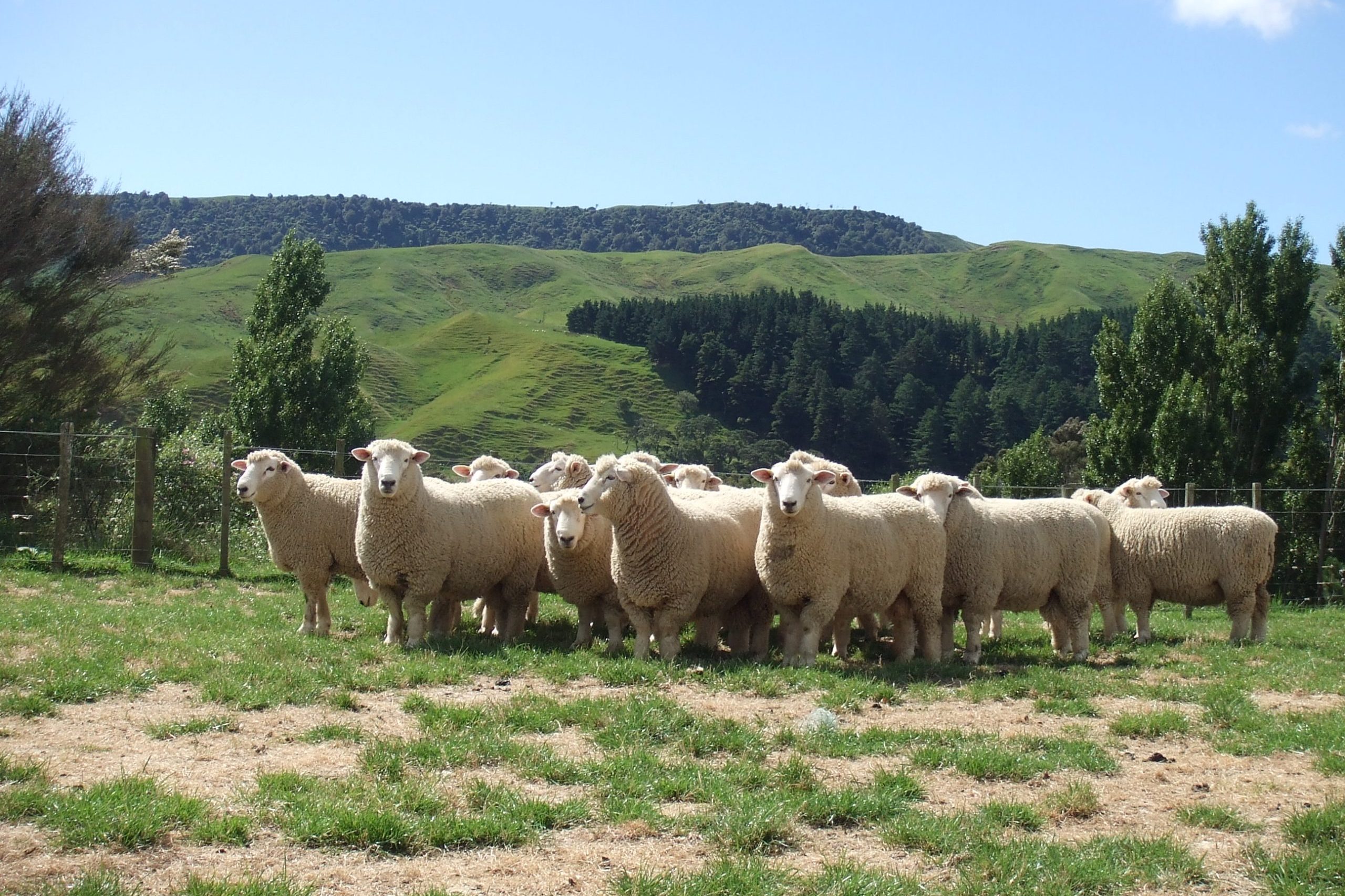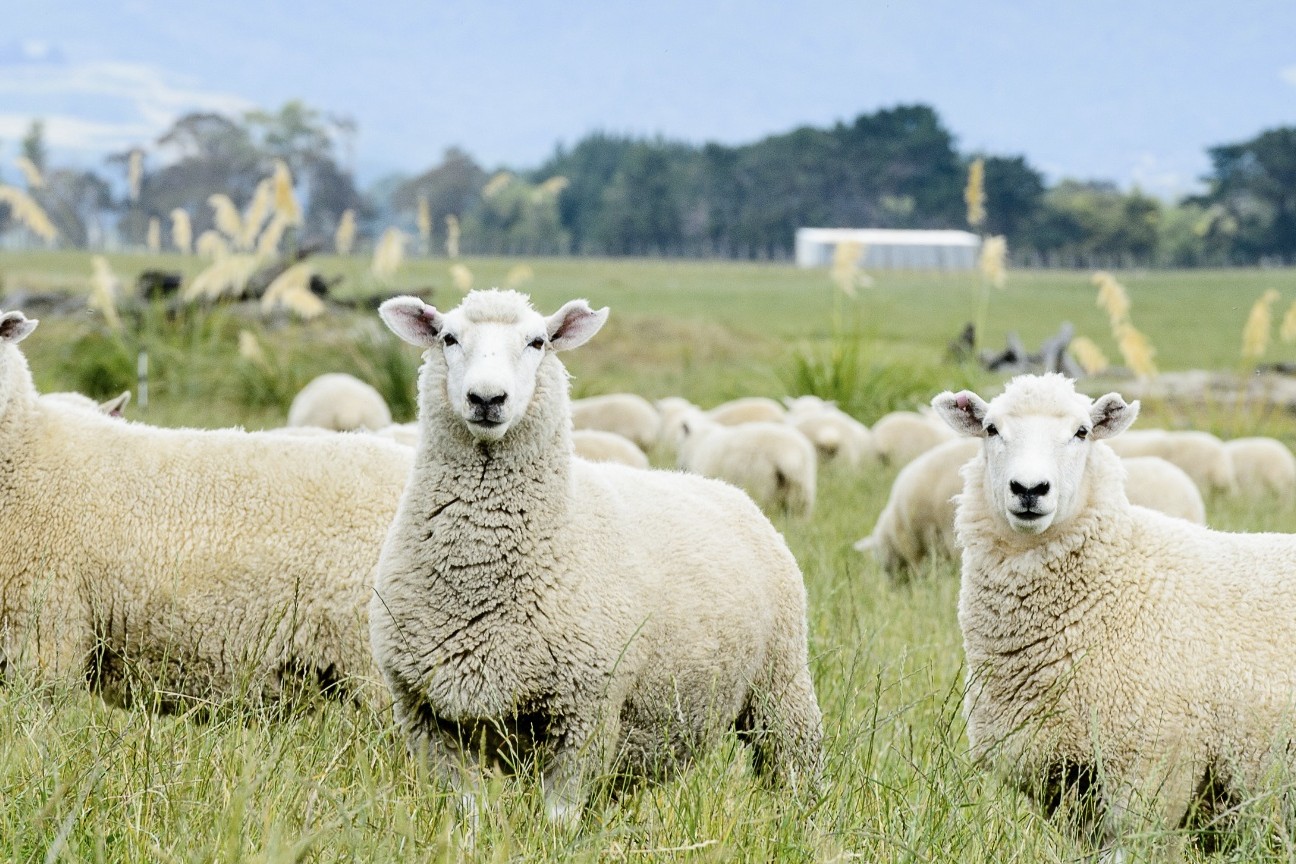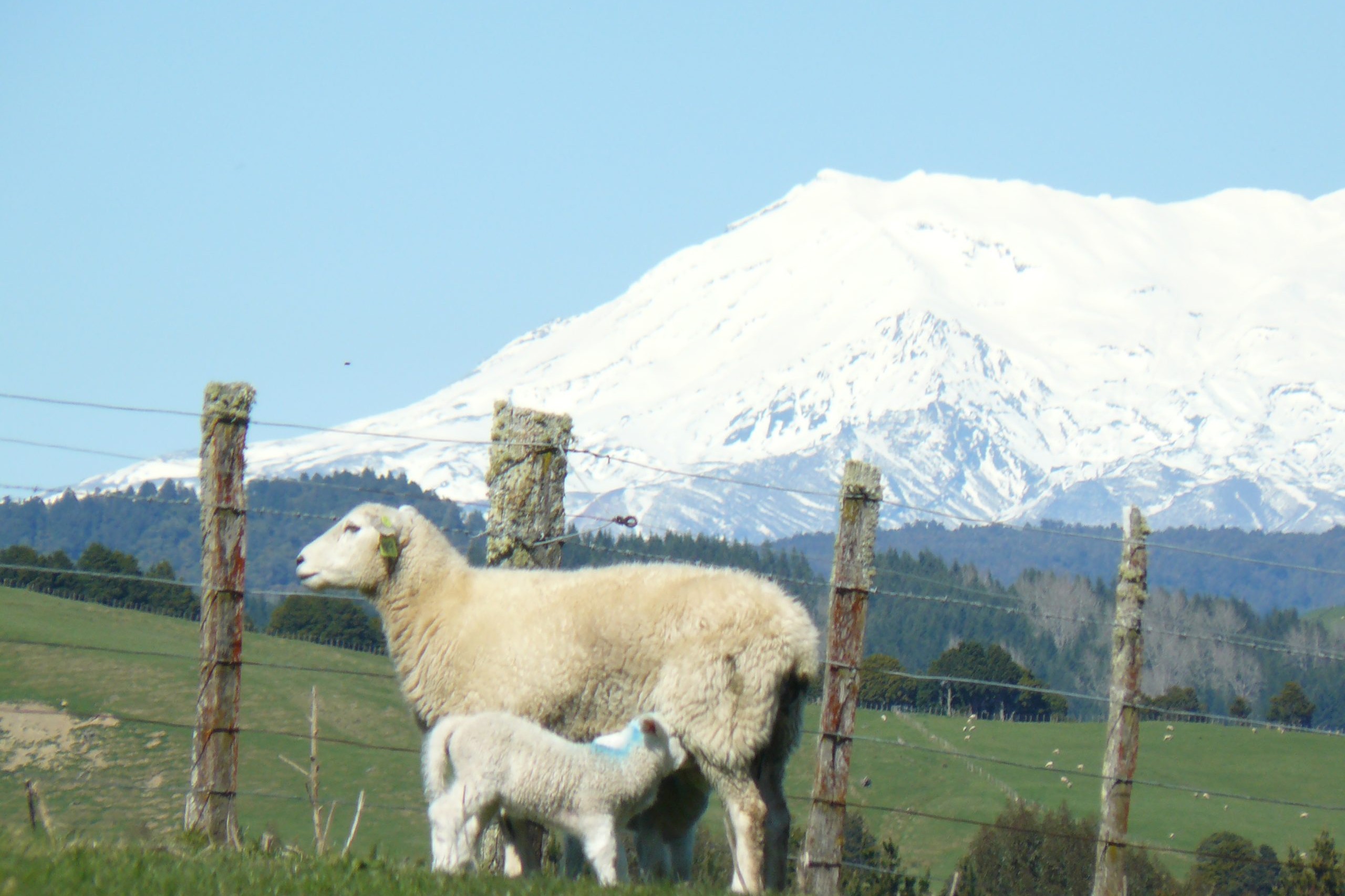Beef + Lamb New Zealand works to tackle facial eczema
Facial eczema remains a major challenge for New Zealand’s livestock farmers, severely affecting animal health and productivity to the tune of $332 million annually. Words Sandra Taylor.

Facial eczema (FE) is associated with the toxin-producing fungus Pseudopithomyces, which thrives in warm, moist conditions and affects pasture-grazing livestock. While the effects of FE are not always outwardly visible, the disease leads to liver damage, reduced fertility, weight loss, reduced milk production, decreased growth, and, in severe cases, death. With the impacts of climate change, FE is likely to be spreading down the country further, impacting farmers who have previously not seen it in their region. To address this issue, Beef + Lamb New Zealand (B+LNZ) and the Ministry for Primary Industries, through the Sustainable Food and Fibre Futures fund, have launched the Eliminating Facial Eczema Impacts (EFEI) Programme. This seven-year, $20.7 million initiative, supported by farmers and industry partners across New Zealand aims to eliminate the impacts of FE through innovative research, collaboration with farmers, and practical, on-the-ground solutions.
Innovative research and strategies
The EFEI Programme has several research projects underway, including the development of a FE tolerance test and the ‘sheep poo’ study, which are progressing currently.
Facial Eczema Tolerance Test: In partnership with AgResearch and Nature Diagnostics, B+LNZ is developing an animal-friendly, cost-effective test to identify sheep that are tolerant to FE. The hope is that this approach can be expanded to other ruminants, such as cattle (both beef and dairy) and deer. Although the research is complex and difficult, its findings will provide valuable insights that could potentially lead to alternative ways to identifying
FE-tolerant animals, if necessary.
‘The research that Beef + Lamb New Zealand is doing into the likes of facial eczema, internal parasites and genetics has real benefits for both the dairy and beef sectors.’ – Richard Fowler,beef and dairy farmer on Beef + Lamb New Zealand’s, Farmer Research Advisory Group (FRAG)
The Sheep Poo Study: Working with over 200 farmers and Awanui Veterinary, B+LNZ is undertaking a nation-wide epidemiological study to determine the prevalence and risk of FE across the country.
Running over three FE seasons from 2023 to 2026, the sheep poo study involves farmers from all regions across New Zealand collecting sheep poo samples from October to May each year. These samples are analysed to determine fungal spore counts, which help researchers understand the distribution and potential risk of FE occurring.
The role of farmers
Farmers are central to the success of the EFEI Programme. The goal is to engage with a wide range of livestock farmers throughout the programme, from onfarm operations to governance, ensuring that all tools and strategies developed from the programme are useful out on the farm. B+LNZ’s Farmer Research Advisory Group (FRAG), made up of 16 B+LNZ Farmer Councillors, plays a pivotal role in guiding the research efforts, acting as a sounding board to ensure levy funds are allocated to projects that directly enhance farmer profitability and productivity.
Richard Fowler, a dairy and beef farmer on the FRAG, highlights the collaborative nature of the programme, stating, “The research that B+LNZ is doing into the likes of facial eczema, internal parasites, and dairy beef genetics has real benefits to both the dairy and beef sectors.”
The EFEI Programme’s success depends on the active participation of farmers across New Zealand. Farmers are at the core of all activities in the programme; as their knowledge of farm systems and their animals are invaluable to better understand the spread of FE and its impacts.
By collaborating, researchers and farmers can help shape future tools and solutions for managing FE, ensuring a healthier future for New Zealand’s livestock.
Dr Suzi Keeling, Head of Science and Research at B+LNZ, emphasises the importance of farmer involvement, saying, “Our farmers are at the heart of everything we do. Their insights and participation are crucial in developing practical, effective solutions to combat facial eczema.”
The Sheep Poo Study
Beef + Lamb New Zealand is seeking more farmers to join the current group of over 200 farmers for the next season of the sheep poo study from October 2024 to May 2025.
Those who participate receive free testing, regular updates, access to an online map with results, and networking opportunities via WhatsApp and webinars. Farmers’ active involvement will shape
future tools and solutions for managing FE.
To learn more about the EFEI Programme and how you can get involved, visit beeflambnz.com and search “Sheep poo study” or contact research@beeflambnz.com




